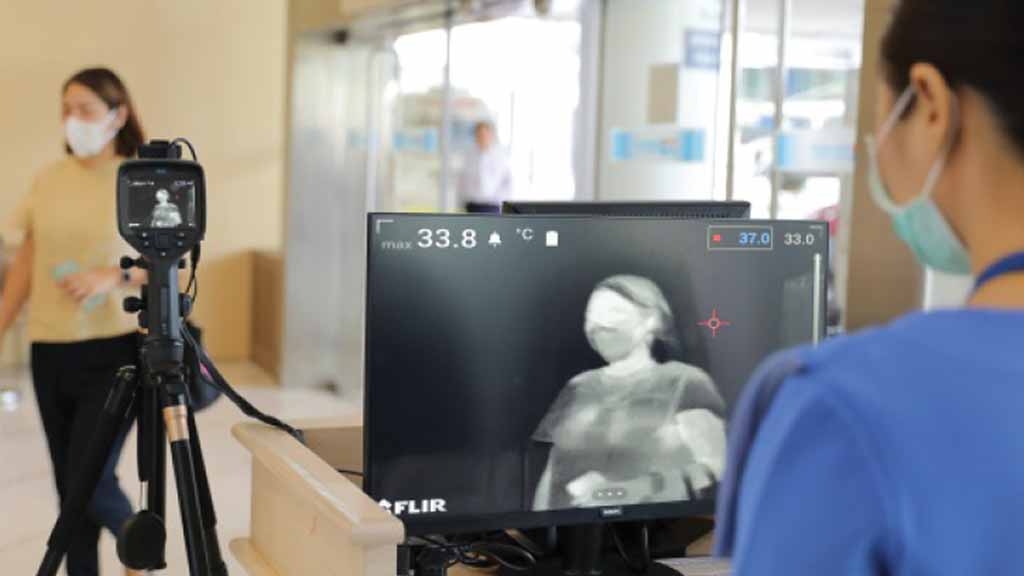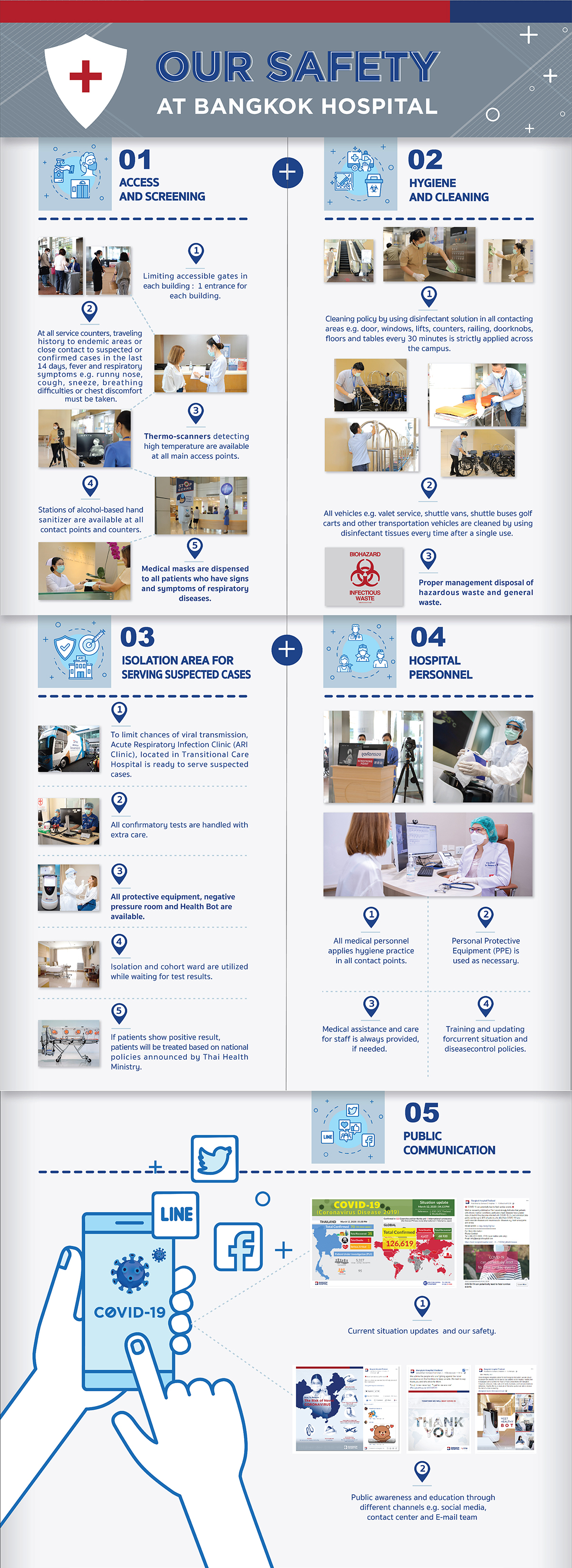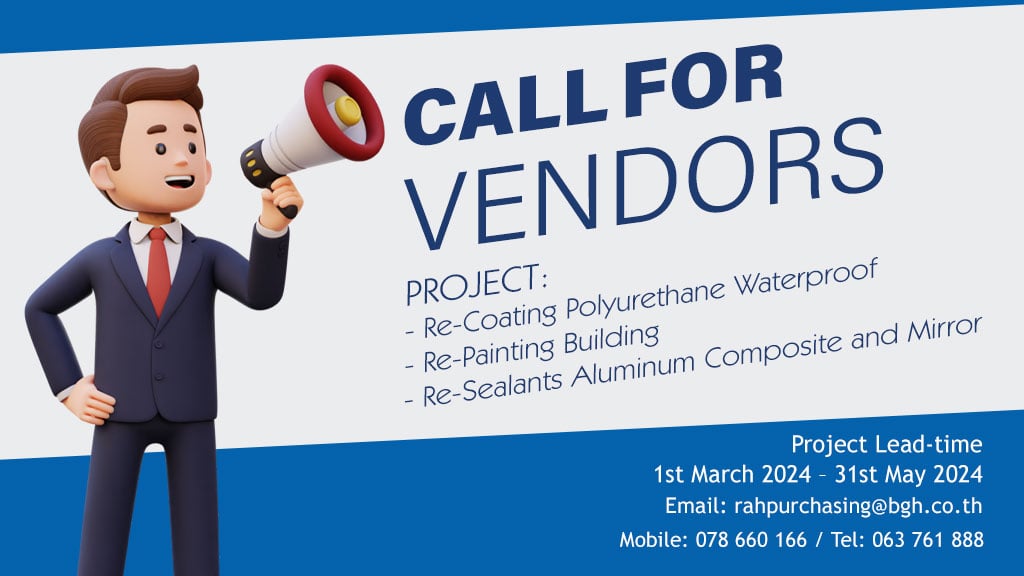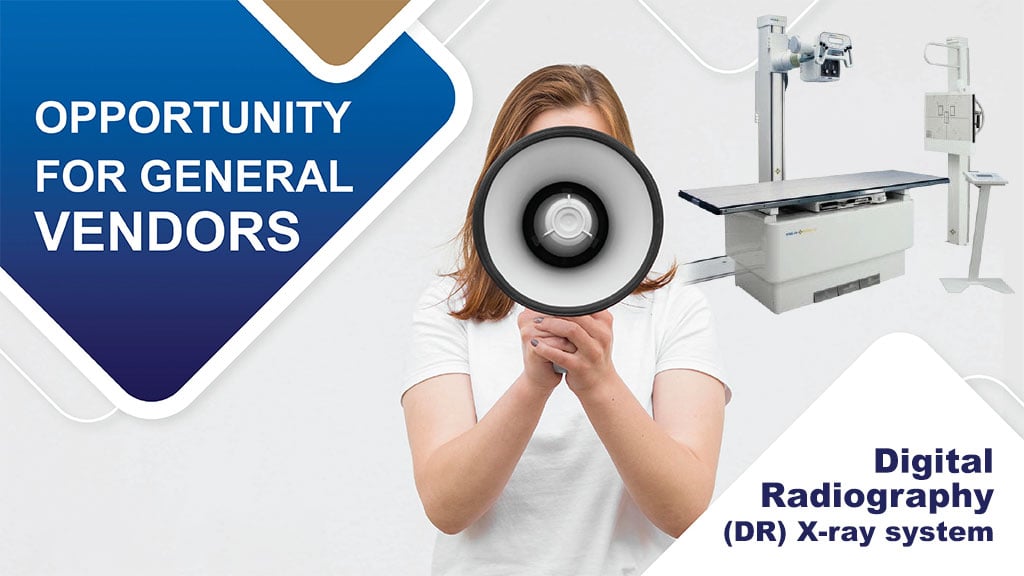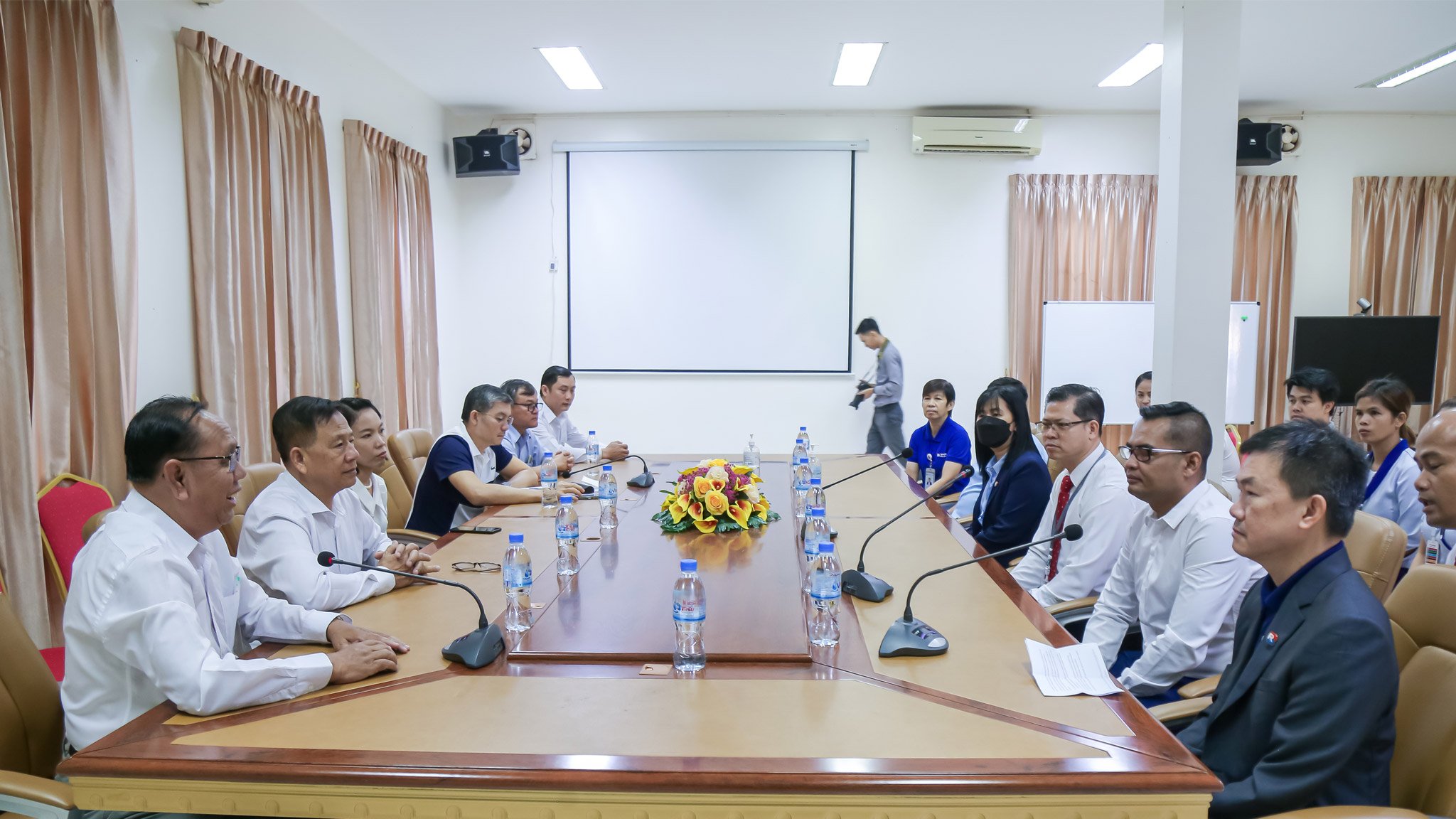OUR SAFETY AT BANGKOK HOSPITAL
To Minimize The Chances Of Viral Transmission During COVID-19 Outbreak, The Highest Safety Level Needs To Be Ensured For All Customers And Medical Staff. Bangkok Hospital Is Highly Safe Since Preventive Strategies And Endemic Control Are Strictly Applied.
1. Access and screening
- Limiting accessible gates in each building: 1 main door for each building
- Thermo-scanners detecting high temperature are available at all main access points
- At all service counters, medical history of traveling, fever and respiratory symptoms e.g. sore throat, runny nose, sneeze, cough, chest pain or discomfort, shortness of breath or breathing difficulties must be taken.
- Stations of alcohol-based hand sanitizer are available at all contact points and counters.
- Medical masks are dispensed to all patients who have signs and symptoms of respiratory diseases ??
2. Hygiene and Cleaning
- Cleaning policy by using disinfectant solution in all contacting areas e.g. door, windows, lifts, counters, railing, doorknobs, floors and tables every 30 minutes is strictly applied across the campus.
- All vehicles e.g. valet service, shuttle vans, shuttle buses golf carts and other transportation vehicles are cleaned by using disinfectant tissues every time after a single use.
- Proper management disposal of hazardous waste and general waste.
3. Isolation area for serving suspected cases
- To limit chances of viral transmission, Acute Respiratory Infection Clinic (ARI Clinic), located next to Emergency Department is ready to serve suspected cases.
- All confirmatory tests are handled with extra care
- All protective equipment and negative pressure room are available.
- Isolation and cohort ward are utilized while waiting for test results.
- If patients show positive result, transportation to authorized hospitals will be conducted by using negative pressure stretchers. Ambulance will be cleaned after each use.
4. Hospital Personnel
- All medical personnel applies hygiene practice in all contact points
- Personal Protective Equipment (PPE) is used as necessary
- Medical assistance and care for staff is always provided, if needed.
- Training and updating for current situation and disease control policies
5. Public Communication
- Current situation updates and our safety
- Public awareness and education through different channels e.g. social media, contact center and E-mail team
